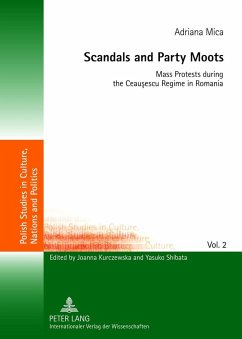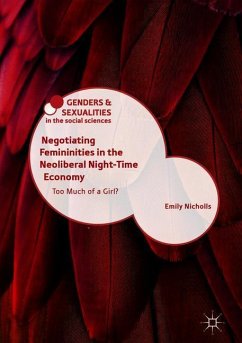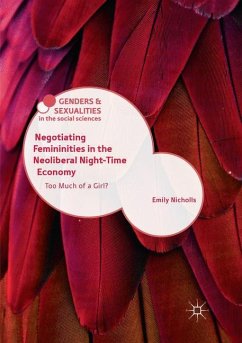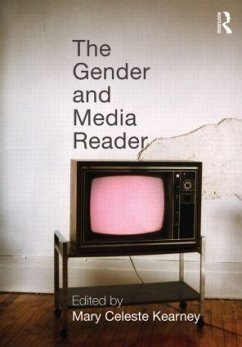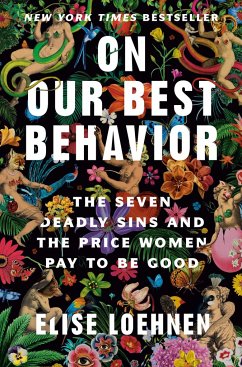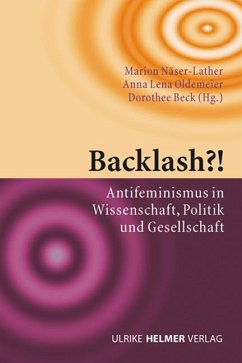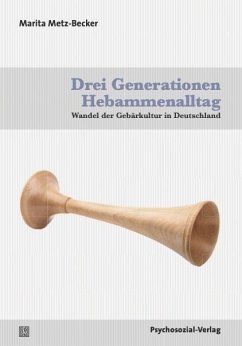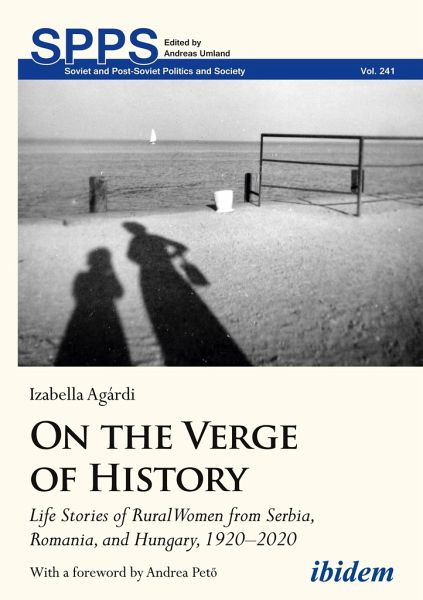
On the Verge of History
Versandkostenfrei!
Versandfertig in 6-10 Tagen
49,90 €
inkl. MwSt.
Weitere Ausgaben:

PAYBACK Punkte
0 °P sammeln!
Rural women have not had a formative role in the public histories of Central Eastern Europe. Izabella Agárdi aims to correct that by concentrating on their life stories and their connections to general histories. She investigates how Hungarian-speaking, ordinary women in rural contexts born in the 1920s and 1930s remember and talk about the twentieth century they have experienced, and how, through their stories, they articulate historical change and construct themselves as historical subjects. In her analysis, Izabella Agárdi traces the interactions between micro- and macro- narratives as we...
Rural women have not had a formative role in the public histories of Central Eastern Europe. Izabella Agárdi aims to correct that by concentrating on their life stories and their connections to general histories. She investigates how Hungarian-speaking, ordinary women in rural contexts born in the 1920s and 1930s remember and talk about the twentieth century they have experienced, and how, through their stories, they articulate historical change and construct themselves as historical subjects. In her analysis, Izabella Agárdi traces the interactions between micro- and macro- narratives as well as the specific tools women of this generation appropriate to talk about personal memories of their often traumatic past. From these stories, a particular mnemonic community emerges, one that speaks from a highly precarious position 'on the verge of history'. It is up to future generations whether these women's experiences will be remembered or forgotten.




